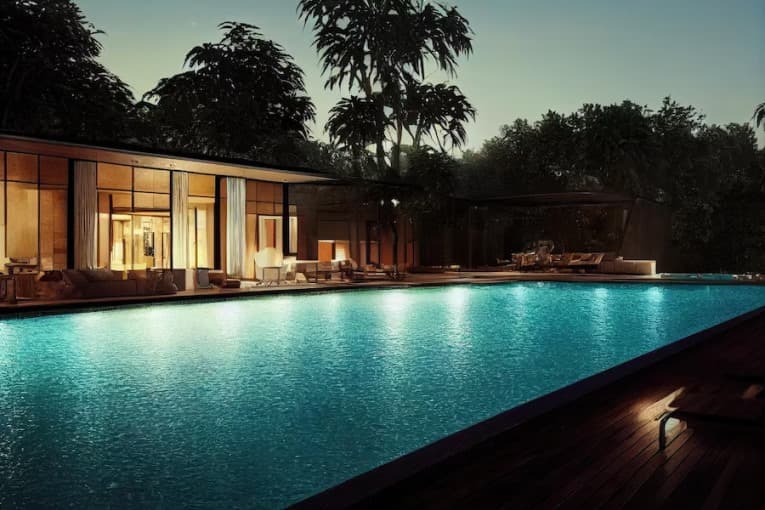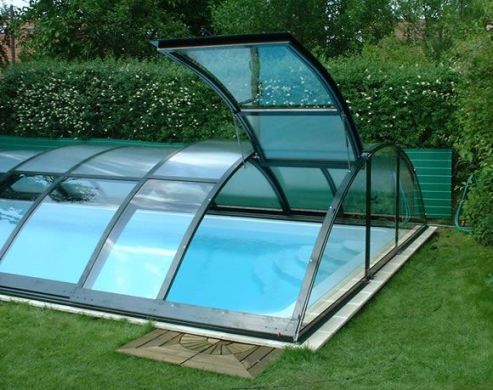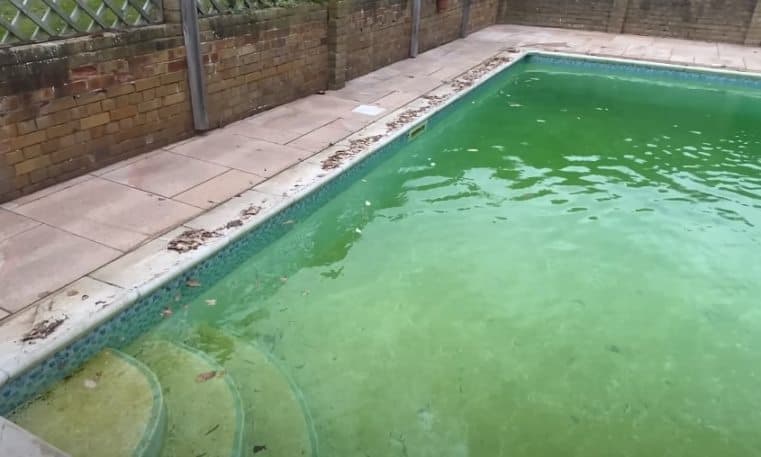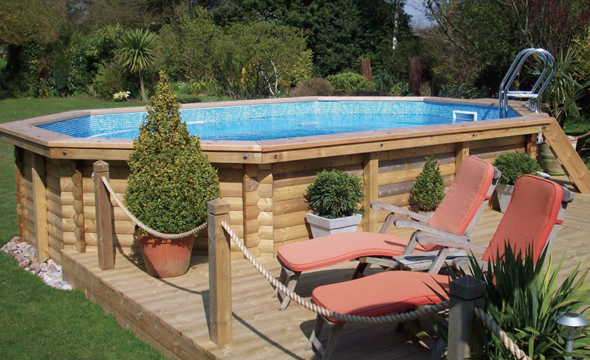Fiberglass pools have gained significant popularity in recent years as a desirable option for homeowners seeking to add a swimming pool to their property. With their unique characteristics and benefits, fiberglass pools offer several advantages over other types of pools. However, they also come with a few drawbacks that potential buyers should consider.
What are Fiberglass Pools?
A fiberglass pool is a preformed shell made of fiberglass-reinforced plastic. These pools are manufactured in a controlled environment and then transported to the installation site. They are available in a variety of shapes and sizes, and their smooth, gel-coated surface provides a luxurious feel.

Pros of Fiberglass Pools
When considering the advantages of fiberglass pools, there are several key factors that make them an appealing choice for homeowners:
Low Maintenance
One of the significant advantages of fiberglass pools is their low maintenance requirements. The smooth surface of fiberglass prevents algae from adhering easily, reducing the need for frequent cleaning.
Additionally, the nonporous nature of fiberglass makes it resistant to stains, which means you spend less time and effort on maintenance tasks.
Quick Installation
Compared to other types of pools, fiberglass pools have a relatively quick installation process. Since they are manufactured off-site, the installation time is significantly reduced.
Once the pool is delivered to the location, it can be quickly set in the excavated area and connected to the necessary plumbing and electrical systems. This allows homeowners to enjoy their pool sooner.
Smooth Surface
The gel-coated surface of fiberglass pools offers a smooth and comfortable swimming experience. Unlike concrete pools, which can be rough and abrasive, fiberglass pools are gentle on the skin.
The smooth surface also reduces the risk of scratches or abrasions, making it suitable for families with young children.
Durability
Fiberglass pools are known for their durability and longevity. The fiberglass shell is resistant to cracking and does not require resurfacing like concrete pools.
It can withstand changes in ground movement, making it an excellent choice for areas with soil conditions prone to shifting. The durability of fiberglass pools ensures long-term enjoyment without significant repair or maintenance costs.
Customizable
Fiberglass pools offer a range of customization options to suit your preferences and style. They are available in various shapes, sizes, and designs, allowing you to find the perfect fit for your outdoor space.
Whether you desire a classic rectangular pool or a more unique freeform shape, fiberglass pools can be customized to meet your specific requirements. This flexibility ensures that you can create a pool that aligns with your vision and complements the overall aesthetics of your home.
Compatible with Saltwater Systems
Another significant benefit of fiberglass pools is their compatibility with saltwater systems. Saltwater pools have gained popularity due to their perceived advantages over traditional chlorinated pools.
Fiberglass pools are well-suited for saltwater systems because the fiberglass shell is resistant to the corrosive effects of saltwater. This compatibility allows you to enjoy the benefits of a saltwater pool, such as reduced maintenance and a gentler swimming experience, without worrying about the integrity of the pool structure.
Cons of Fiberglass Pools
While fiberglass pools offer several advantages, it’s important to consider the following drawbacks before making a decision:
Limited Customization
While fiberglass pools offer a variety of shapes and sizes, they may not provide the same level of customization as other pool types. The preformed nature of fiberglass shells restricts the flexibility to modify the pool’s shape or design once it is manufactured.
If you have specific design preferences or unique landscaping requirements, fiberglass pools may not be the ideal choice.
Initial Cost
Fiberglass pools generally have a higher initial cost compared to vinyl liner pools. The manufacturing process, transportation, and installation expenses contribute to the overall price.
However, it’s important to consider the long-term benefits and durability of fiberglass pools, which can offset the initial investment.
Transportation Challenges
Transporting a fiberglass pool from the manufacturing facility to your property can be a logistical challenge. The pool’s size and weight require specialized transportation equipment, and factors like narrow access roads or overhead power lines can further complicate the delivery process. It’s essential to ensure proper coordination with the pool manufacturer and transportation company to avoid any issues.
Surface Vulnerability
While fiberglass pools are durable, they can be susceptible to surface vulnerability over time. The gel coat can fade or develop hairline cracks, especially in regions with extreme weather conditions or high levels of ultraviolet (UV) radiation.
However, regular maintenance and appropriate pool care can help mitigate these concerns.
Repair Limitations
In the event that a fiberglass pool sustains damage, repairs may require professional assistance. While it’s possible to repair fiberglass pools, it’s recommended to consult a professional pool repair service to ensure proper and effective repairs. DIY repairs can result in subpar fixes and may compromise the integrity of the pool.
FAQs of Fiberglass Pools
Are fiberglass pools more expensive than other types?
While fiberglass pools may have a higher initial cost compared to some pool types, they offer long-term durability and lower maintenance requirements, which can offset the investment over time.
How long do fiberglass pools last?
With proper care and maintenance, fiberglass pools can last for several decades. The durable nature of fiberglass makes it resistant to cracks and deterioration.
Can I change the shape of a fiberglass pool later?
Fiberglass pools have a preformed shape that cannot be easily modified once manufactured. If you desire flexibility in changing the pool’s shape in the future, other pool types may be more suitable.
In Summary
Fiberglass pools provide a range of benefits such as low maintenance, quick installation, smooth surface, and durability. However, they do have limitations in terms of customization and initial cost.
By understanding the pros and cons, you can make an informed decision based on your specific needs and preferences. Remember to consider factors such as long-term maintenance, aesthetics, and budget when choosing the right pool type for your home.
Pool Studio – 3D Swimming Pool Design Software from Larry Fulkerson on Vimeo.


